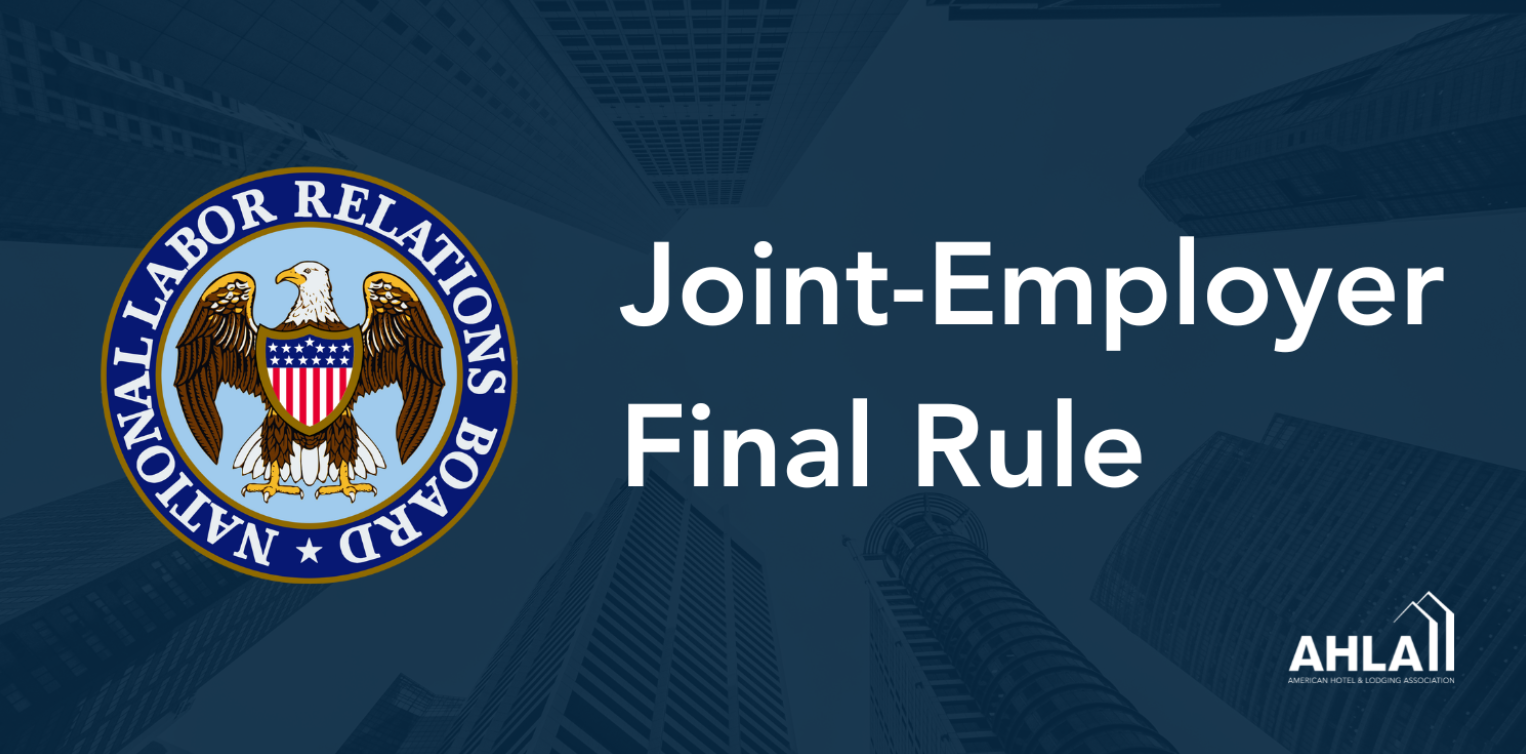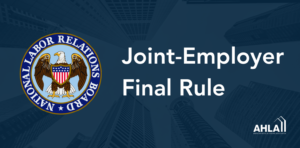Introduction
The hospitality industry is abuzz with the recent ruling from the National Labor Relations Board (NLRB), which has expanded the definition of a “joint employer.” This change could significantly impact how hotels manage their workforce, potentially increasing their liabilities and complicating their operations. However, there’s a strategic move that could help: outsourcing staffing. Let’s dive into how this could be a game-changer for hotels.
Understanding the New Rule
Firstly, it’s crucial to grasp what the NLRB ruling entails. Previously, a company was only considered a joint employer if it had “direct and immediate control” over employees. The new rule broadens this to include “indirect control.” This means hotels could be held accountable for employment issues even when workers are technically employed by another entity, like a franchisee or contractor.
The Challenge for Hotels
This ruling poses a significant challenge for hotels, especially those operating under a franchise model or those relying on contractors for staffing. It increases the risk of being embroiled in labor disputes and could lead to increased unionization efforts within their workforce.
Staffing Companies: A Potential Solution
Here’s where staffing companies come into play. By outsourcing staffing needs, hotels can potentially create a buffer between themselves and the employment responsibilities that come with being a direct employer.
Flexibility and Expertise
Staffing companies offer flexibility, providing staff as needed — a boon for the seasonal nature of the hotel industry. They also bring expertise in recruitment and training, ensuring that the workforce is skilled and ready to deliver quality service.
Reduced HR Burden
Outsourcing staffing means the hotel’s HR department can focus on core operations, leaving the complexities of staffing to the experts.
Legal Buffer
With the staffing company as the official employer, the hotel may reduce its exposure to the risks associated with the new joint employer rule. However, it’s essential to structure these relationships carefully to avoid falling under the “indirect control” clause.
Win-Win for Employees
It’s not just hotels that stand to benefit. Employees gain access to a broader range of job opportunities, potentially better benefits, and the chance to develop diverse skills by working in different hotel environments.
Conclusion
While the NLRB’s new ruling presents challenges, it also opens the door for innovative staffing solutions. By partnering with staffing companies, hotels can navigate these new legal waters while maintaining a flexible, skilled workforce. It’s a strategic move that could turn a potential hurdle into a stepping stone for success in the dynamic world of hospitality.
This blog post aims to provide a balanced view, highlighting both the challenges and opportunities presented by the new NLRB ruling for the hotel industry. Click here to read the official article and ruling.






